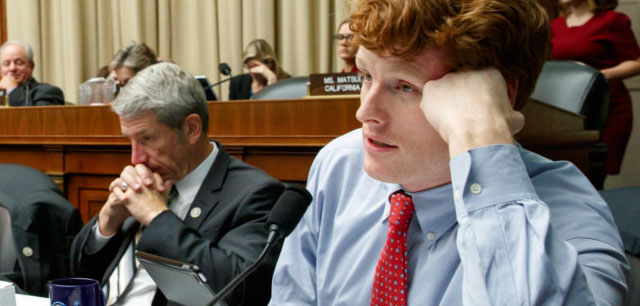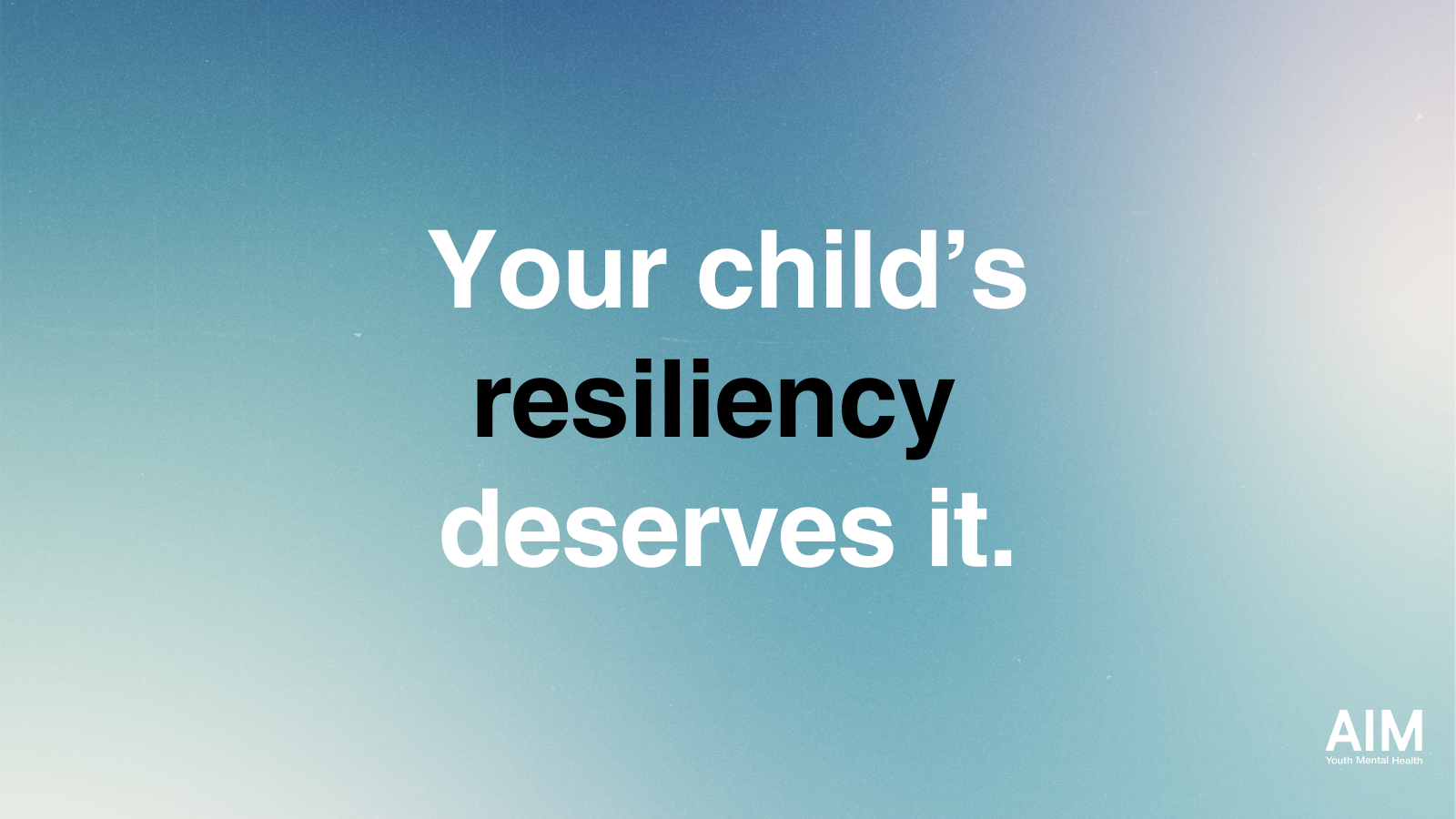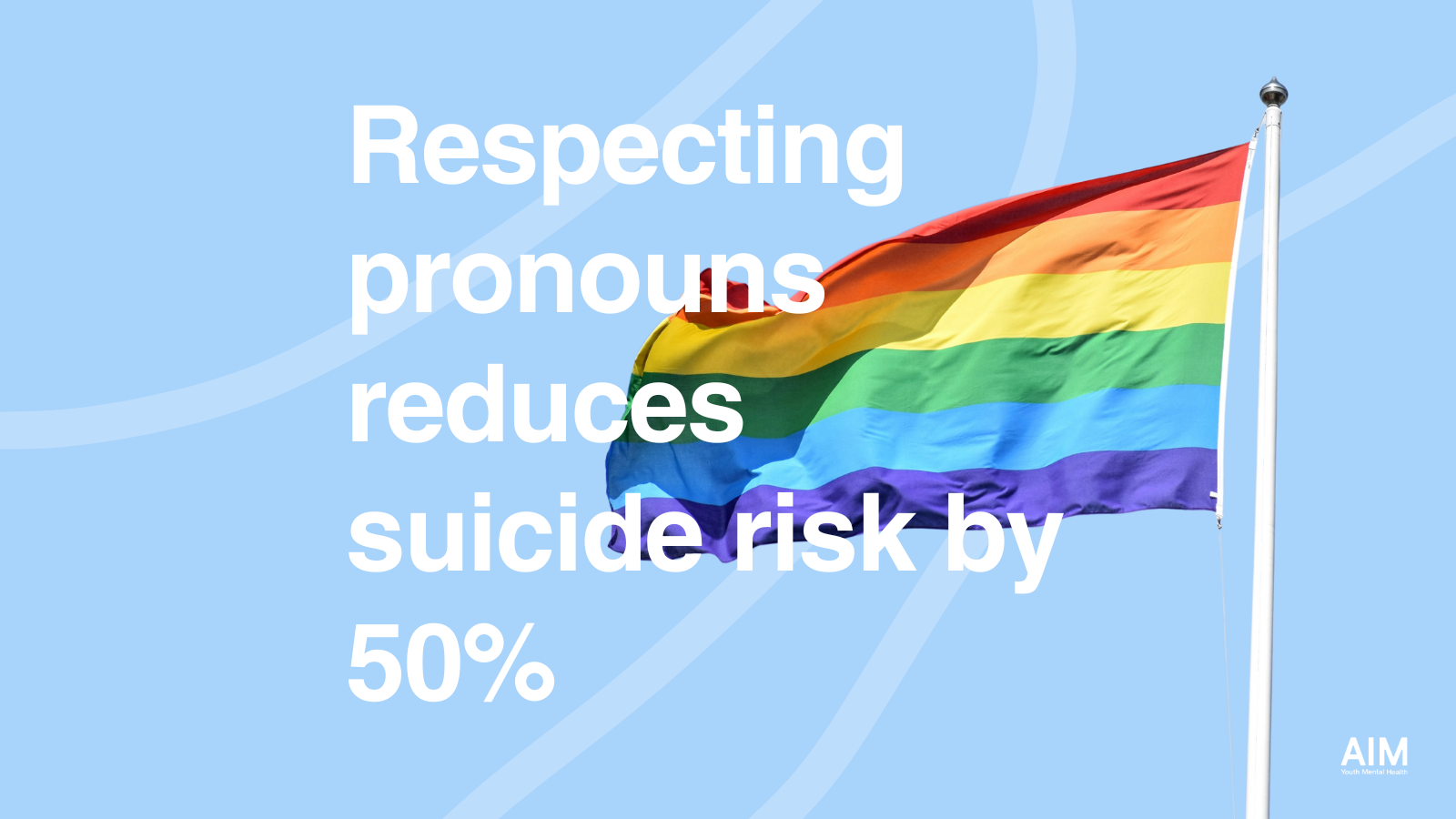by Joe Kennedy III – Stat News
A woman recently walked into my Massachusetts office to talk about her daughter, who had been diagnosed with serious mental illness in 2007, when she was just 4 years old.
A decade later, the stories this mother shared with me are heartbreaking. The countless hospital visits. The fights with insurers and doctors and courts. The time her daughter was kept for 21 straight days in the emergency room as her family desperately searched up and down the East Coast for a single available treatment bed. The ache of watching the person you love most in the world struggle against a merciless disease.
This mother ended our conversation by looking me in the eye and saying, without a hint of bitterness or anger, “But we’ve been lucky. Compared to other people I know, we’ve been lucky.”
If this is luck in the American mental health system, all of us should be ashamed. With 1 in 5 of our neighbors suffering from mental illness, the time for tinkering around the margins of our broken system is over. American families and communities need deep and dramatic reform.
Instead, congressional Republicans are moving forward with efforts to make it harder and more costly for the average American to access mental health care. These efforts began last month, with a hastily drafted bill to repeal the Affordable Care Act. Although it thankfully failed to get the support it needed to secure a vote in Congress, its message to the mental health community was clear: be warned. The legislation, championed by President Trump and Speaker Paul Ryan, was the single largest attack on mental health care in recent history.
By removing guaranteed behavioral health coverage for those covered under Medicaid expansion, millions of people would have lost access to treatment for substance use disorders — in the midst of an opioid epidemic. By capping Medicaid spending for states, Trumpcare would have imperiled the largest insurer of mental health services in our country. The bill did nothing to address abysmal reimbursement rates for mental health providers. Nothing to infuse investment into the full continuum of care. And nothing to force insurance companies to stop skirting parity laws that require they treat mental illness as they do physical health.
Enough Americans spoke out against that dangerous bill that we were able to stop it in its tracks. But almost immediately, Republicans were back behind closed doors trying to revive it. Their second bill could soon see a vote on the House floor.
Unbelievably, it’s an even starker blow to those suffering from mental illness than its predecessor. The latest version of Trumpcare doesn’t just threaten access to behavioral health coverage for those on Medicaid, it threatens access to behavioral health coverage for everyone. Under the guise of flexibility, this bill would allow states and insurance companies to opt out of covering mental health care — not to mention other designated essential health benefits like maternity and emergency care. Premiums and deductibles would soar as a result. Any semblance of mental health parity would be extinguished. And current protections for those with preexisting conditions — which is particularly important when it comes to mental illness — would cease to exist.
This is not the debate Congress should be having during a mental health care crisis. We should be considering steps to vastly expand the transformative mental health reforms made by the ACA, not shrink them. It’s time to go even further.
We need deep investments across the entire continuum of care to connect patients with treatment before they reach crisis points. We need broader support for community health centers, which provide essential entry points for lower and middle-income Americans who struggle to find in-roads to our mental health system. We need increased Medicaid reimbursement rates to encourage a new generation of workers to pursue careers in the mental health field, dramatically increasing access in every community that needs it. And we need relentless enforcement of mental health parity to make insurers live up to the laws of this country, which already demand basic equity in the coverage and treatment of mental illness.
Read the original article in full on Stat News.





